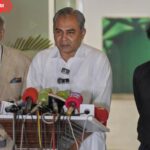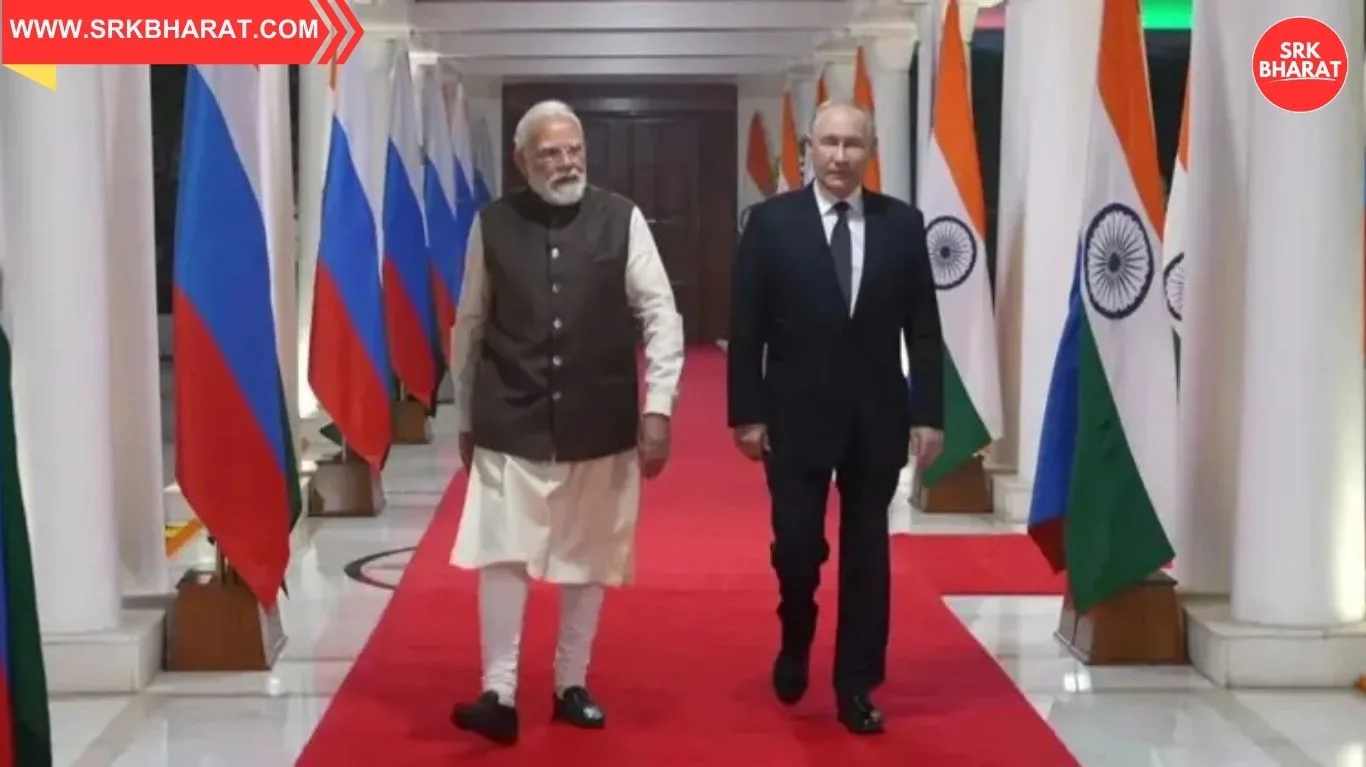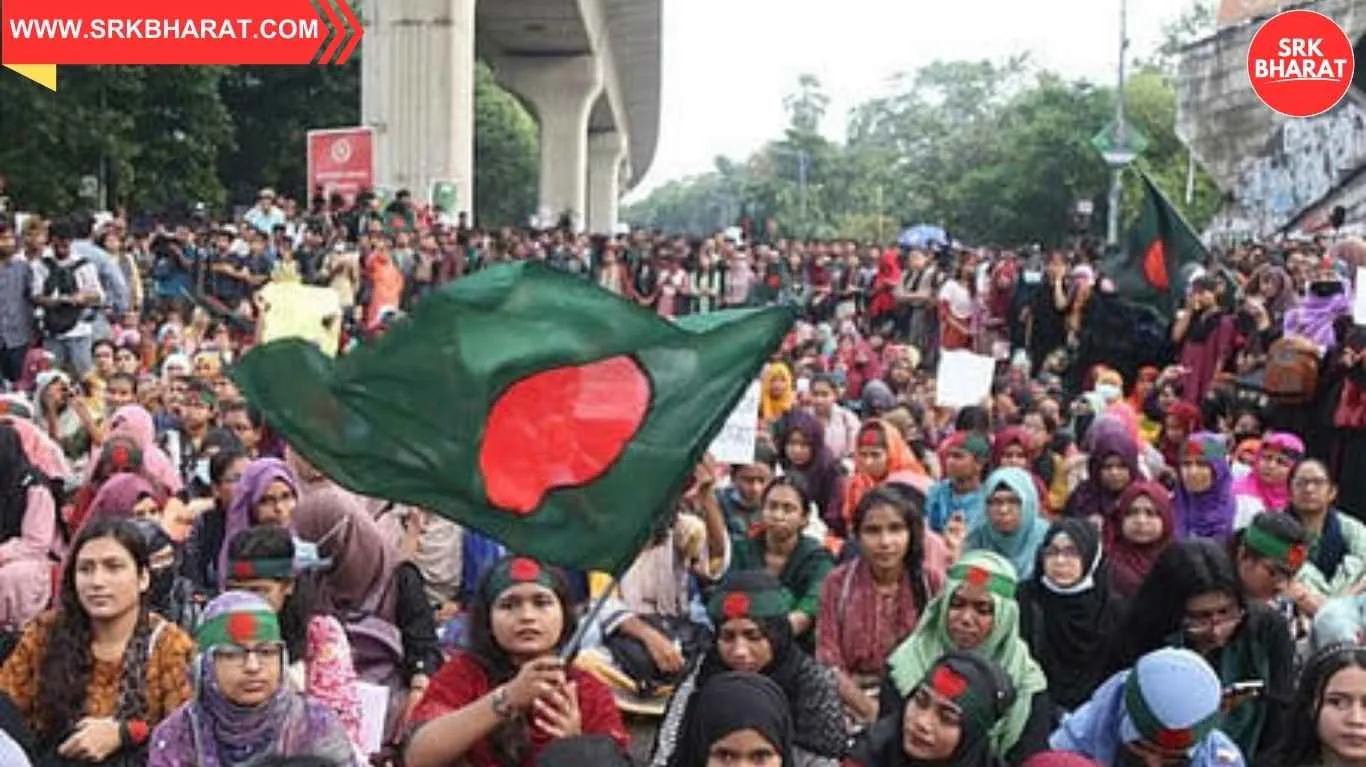In a major diplomatic surprise, Chinese President Xi Jinping skipped the BRICS Leaders Summit in Rio de Janeiro this week, marking the first time since he assumed power in 2013 that he has not attended the annual gathering of the bloc in person or virtually. This unexpected absence has sparked wide-ranging geopolitical speculation on its significance for BRICS unity, China’s domestic priorities, and the shifting global power balance.
Xi Jinping’s absence: A first since BRICS inception
The BRICS Summit, hosted this year by Brazilian President Luiz Inácio Lula da Silva, saw heads of state from India, Brazil, Russia, South Africa, and new BRICS+ entrants such as Saudi Arabia and UAE attend in person. However, Xi Jinping delegated Chinese representation to Premier Li Qiang, who read a speech on his behalf.
Official explanation
The Chinese Foreign Ministry cited “unavoidable domestic commitments” as the reason for Xi’s absence, without further elaboration. Analysts point out that while Chinese Premiers have represented Beijing in other summits, BRICS has traditionally been a top-tier leadership priority given its strategic importance for China’s Global South agenda.
Why Xi’s absence matters
| Aspect | Implication |
|---|---|
| BRICS Unity | Xi’s absence risks signalling reduced Chinese prioritisation of BRICS amid economic and security challenges at home. |
| Global South Leadership | China portrays itself as the primary voice of the Global South. Xi skipping the summit allows India and Brazil to occupy larger leadership space this year. |
| Domestic Preoccupations | Reflects rising internal economic and political pressures, including real estate crisis, deflation fears, and upcoming CCP key plenary sessions. |
| Geopolitical Signals | Seen as a quiet protest against BRICS’ expanding agenda diluting Chinese influence, or discomfort over certain agenda items such as currency reforms. |
Expert views
Professor Srikanth Kondapalli, China studies scholar, noted:
“Xi’s absence breaks a decade-long tradition, suggesting acute domestic preoccupations or strategic re-prioritisation. It also hints that BRICS, with its expanded membership, is no longer as tightly controlled by the China-Russia axis as before.”
Former Indian Ambassador to China Gautam Bambawale added:
“India’s assertive Global South leadership narrative, combined with internal Chinese concerns, could have contributed to Xi skipping the summit. It remains a significant diplomatic signal.”
Domestic pressures weighing on Xi Jinping
Multiple Chinese analysts highlight three immediate factors behind Xi’s decision:
- Economic headwinds – China’s post-pandemic recovery remains weak, with youth unemployment, deflationary risks, and a severe real estate slump hurting investor confidence.
- Internal political manoeuvring – The CCP is preparing for key third plenary sessions later this year, where economic reforms, party appointments, and leadership consolidation will dominate focus.
- Security challenges – Escalating tensions in the South China Sea, along Taiwan Strait, and domestic stability concerns have kept the Politburo focused inward.
Xi’s speech via Premier Li Qiang
Premier Li Qiang read Xi Jinping’s prepared remarks, which focused on:
- Strengthening BRICS role in global economic governance reforms
- Supporting the New Development Bank to increase lending in local currencies
- Opposing Western unilateral sanctions
- Promoting multipolarity and reformed multilateralism without hegemonic pressures
Indian and Brazilian diplomatic responses
Indian PM Narendra Modi and Brazilian President Lula da Silva publicly acknowledged China’s representation by Li Qiang without direct mention of Xi’s absence. However, Indian officials privately noted that “India’s leadership profile in BRICS naturally rose in Xi’s absence, with Modi emerging as the principal Asian voice at Rio.”
Brazil used the opportunity to emphasise Global South solidarity independent of major power rivalries, with Lula stating:
“BRICS is about development and peace. We need all leaders to commit to this shared vision.”
Russia’s guarded approach
Russian President Vladimir Putin, attending via virtual address due to ICC warrant concerns, avoided commenting on Xi’s absence, instead focusing on dollar de-dollarisation and BRICS financial mechanisms to counter Western sanctions.
What does this mean for BRICS’ future?
Analysts say Xi’s absence underscores:
- China’s growing inward focus amid mounting economic challenges.
- Possible recalibration of BRICS priorities as India and Brazil seek to use the platform for wider Global South leadership.
- Potential divergence within BRICS on expansion, currency reforms, and governance structures.
- Reduced Chinese pushback against Indian initiatives, as Beijing concentrates on stabilising its economy and domestic political apparatus.
Potential scenarios ahead
| Scenario | Outcome |
|---|---|
| Short-term absence only | Xi may resume active BRICS participation next year if domestic priorities stabilise. |
| Strategic deprioritisation | China could focus more on exclusive China-led groupings like SCO and BRI rather than BRICS+. |
| Deeper internal crisis | Extended absence would signal deeper economic or political challenges within China, reshaping regional balances. |
Global diplomatic reactions
US-based China watchers described Xi’s absence as “symbolic of a leader under multiple pressures despite projecting confidence abroad.” European diplomats said it reflected China’s inward turn as its global expansionist policies slow amid economic headwinds.
Meanwhile, the Tibetan government-in-exile, Uyghur rights groups, and Hong Kong activists on social media used Xi’s absence to criticise CCP priorities, saying he fears internal backlash more than global leadership contests.
Final thoughts
Xi Jinping’s decision to skip the BRICS Rio Summit marks a pivotal diplomatic development, reflecting not only China’s acute domestic economic pressures but also potential shifts in its external engagement strategy. As India, Brazil, and new BRICS+ members expand their leadership footprints within the bloc, China’s absence from such crucial forums could reshape BRICS dynamics and the broader Global South power balance in the years ahead.
Disclaimer: This news article is for informational purposes only. It includes official statements, public data, expert analyses, and geopolitical assessments based on current events. Final outcomes remain subject to formal confirmation by respective governments and institutions.











